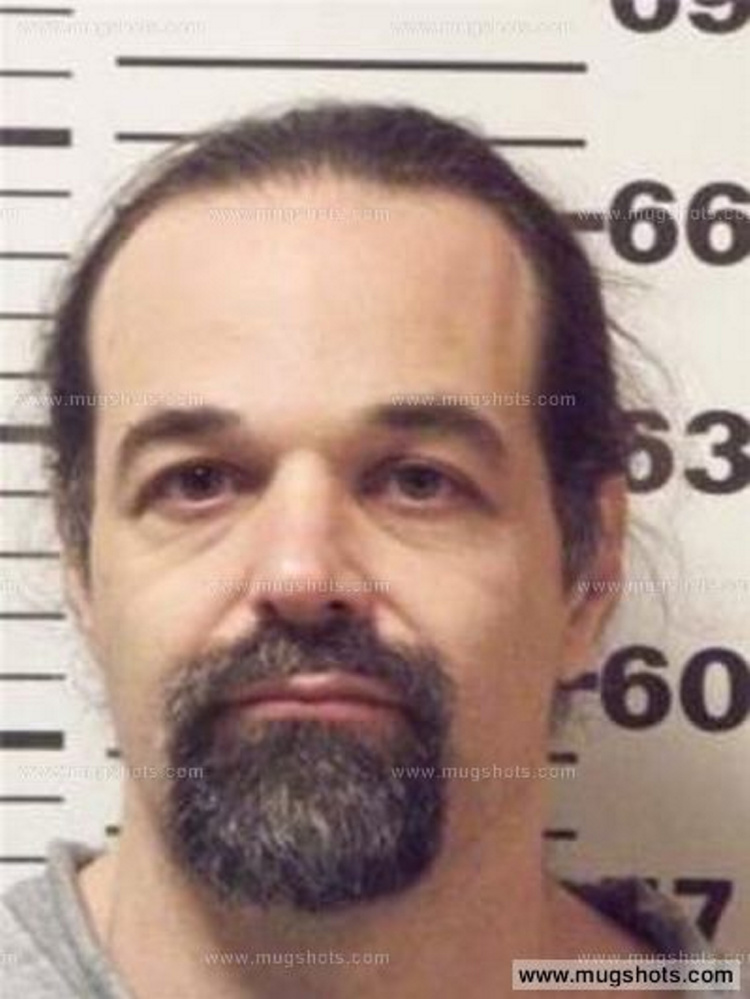AUGUSTA — A convicted murderer is not yet ready to be allowed time away from Riverview Psychiatric Center, where he’s been held since completing his murder sentence earlier this year, even with supervision.
Justice Donald Marden made that ruling Tuesday for Mark Ian Gessner, 52, originally of Waldoboro. Gessner initially asked to be allowed to live in the community free from state supervision, but modified his request at a court hearing in July to seek permission to participate in community activities with supervision.
But Marden, in an order issued Tuesday, rejected Gessner’s petition to participate in supervised activities.
Marden’s order cites as reasons for his refusal the relatively short period of time Gessner has been a forensic patient — someone who’s been involved with the criminal justice system or committed a crime but found not responsible for their actions — and cites “the toxic combination of severe personality characteristics and major mental illness that has led to his dangerous behavior in the past.”
Marden added, “In fairness to Mr. Gessner, he has spent 22 years in a highly secure prison environment where it is expected he would develop defense mechanisms and confinement survival techniques. … He needs time to work on his reentry into the community at large.”
Gessner was convicted of the May 1994 murder of Bath florist Melvin Henderson.
A jury rejected Gessner’s plea of not guilty by reason of insanity — he had been in the Augusta Mental Health Institute, Riverview’s predecessor, for a brief period of years before the murder — and convicted him in the fatal shooting. While Gessner was sentenced to 30 years in prison, he was released after 22 years under “good time” provisions in effect at the time of sentencing.
The judge’s order notes that Gessner has been diagnosed with mental illnesses beginning in 1993, including reactive psychosis, schizophrenia and auditory hallucinations. He refuses medication, does not cooperate with his physician assistant and “does not agree that he is mentally ill,” Marden wrote.
Gessner was placed in the custody of the commissioner of the Department of Health and Human Services and sent to Riverview after completing the murder sentence because he was found not criminally responsible in 2011 for aggravated assault and trafficking in prison contraband for having a shank, a homemade knife.
Gessner testified in support of his petition for supervised activities during a hearing last month at the Capital Judicial Center.
Ann LeBlanc, director of the State Forensic Service, which evaluates people for the court, testified against Gessner’s request.
“The forensic department does not support any level of supervised community activities,” LeBlanc said. “We just don’t know how he’s going to do in an environment different from prison. He has no insight into his illness or even that he has an illness.”
She said he would have to learn new skills to manage in the community.
“Isn’t that true of most men who spent 22 years in prison?” Marden asked her, and LeBlanc agreed.
At the hearing, Zachary Smith, a physician’s assistant at Riverview, testified that Gessner has resisted the idea of individual therapy and spends his time at the hospital doing painting, watercolor, sewing and gardening.
“Less therapeutic and more diversional groups he seems to do well in,” Smith said. Smith also said at one point Gessner “stormed out” of an advanced anger management session after a surprise visit by the new superintendent, Rodney Bouffard.
Betty Adams — 621-5631
Twitter: @betadams
Send questions/comments to the editors.



